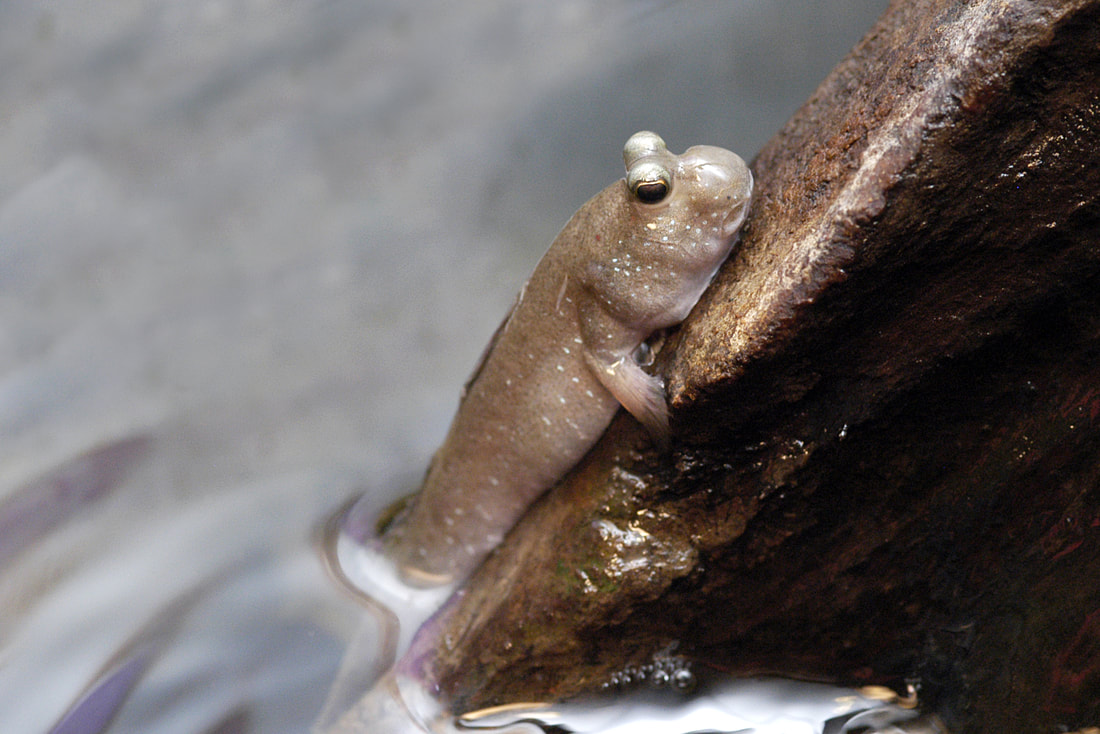Creationists love to argue that the formation of the first self-replicating molecules by means of natural evolution is manifestly improbable, with some suggesting the odds of improbability exceed the numbers of atoms in the universe. For creationists, self-replicating molecules must have been designed by some external intelligence. In the same breath, creationists conveniently fail to address the all-important question of where this intelligence itself came from. Who designed the external intelligence that, in turn, designed the self-replicating molecules? Creationists are often heard to say “it always existed,” or “we cannot know God’s way,” or “God is energy,” presenting such idioms as certain knowledge when they are purely speculative assertions, none of which have any basis in reality or in fact. I have heard it all.
As an amateur scientist and philosopher, I’ve studied probability theory and chaos theory. A lottery with odds set at 1,000,000:1 does not have to have a million draws to be won. In fact, the lottery could be won on the first draw, without the need for subsequent draws. The odds, or probabilities, might reach a million to one but the practical reality is that it is rarely necessary to have million draws before a winner is determined. Each of you (each of my readers) is the lucky winner in the odds of conception; only you, among the many millions of spermatozoa provided by your fathers, successfully reached your mother’s unfertilized egg. Similar odds are played often by countless fathers and mothers around the world. It’s good that probability is not the same as the sheer numbers would suggest are necessary for a winner to emerge. If it was otherwise, our ancestors would have had little time for any activity other than procreation. In fewer than one million attempts, your mother was impregnated, but the odds you would be the winning spermatozoa remained in the million-to-one range. The creationists confuse numbers with odds, or probabilities. Luck (randomness) can throw a surprise at you anytime.
Chaos theory must also be taken into account. It is an interdisciplinary theory stating that “within the apparent randomness of chaotic complex systems, there are underlying patterns, constant feedback loops, repetition, self-similarity, fractals and self-organization.” Chaos theory ignores odds. It doesn’t matter if the odds are greater than the number of particles in the universe, including such particles as neutrons and dark matter particles. Odds do not prove anything. Probability is overrated and, for creationists, grossly misunderstood.
Randomness, and not intelligent design, has produced a universe that is 99.9% hostile to life, with thousands of different celestial objects colliding randomly over aeons of time. Earth could be wiped out in a random collision with another object. It is impossible to use reason to understand how an intelligent being would take a chance on randomness. Many species of living things on our planet earth have gone extinct because they could not adapt to a randomly changing environment. The ones that survive today are full of flaws, with many deformed, and other species exhibiting mental deficiencies and a plethora of illnesses. Humans are not an exception. All life forms contain the results of random combinations, often misconstrued as “mutations,” with a very few that are viable, at least for a while. The complex eye has many counterparts, from simple light detectors to a myriad of different designs which were sufficient for that particular species to survive. For some species with no need for vision, the remnants of eyes remain. Nature is a mighty force but it is obviously not intelligent. Blind evolution tries all kinds of possible combinations. Most are unsuccessful. The partly successful combinations are bound to evolve or risk extinction sometime in the future. Evolution does not stop. All life on earth is constantly evolving and not ever under the direction of an extraterrestrial supernatural invisible hand. Life forms’ survival sometimes depends on consuming and destroying other life forms. Randomness, or bad luck as well as good luck, reigns supreme. Nothing points to an intelligent design.


 RSS Feed
RSS Feed